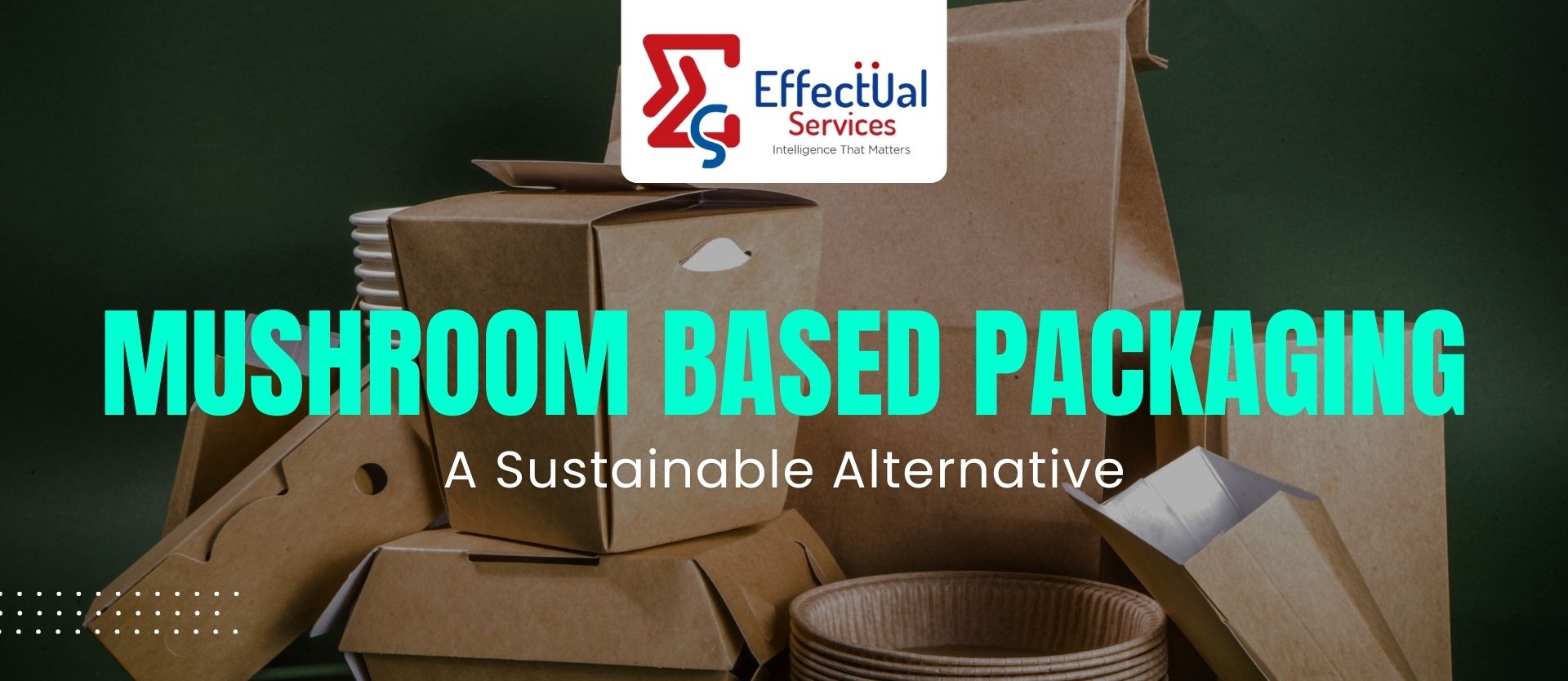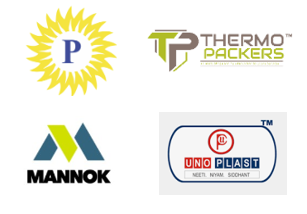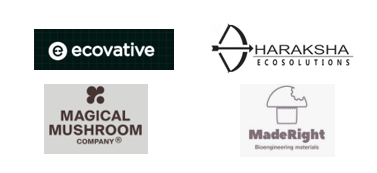Mushroom-Based Packaging: A Sustainable Alternative

Mushroom-based packaging offers a powerful alternative to traditional plastics, outperforming other biodegradable options within the circular economy. Mycelium technologies help industries reduce environmental impact, minimize waste, and create economic opportunities. By replacing fossil plastics and diverting waste from landfills, these sustainable solutions are shaping a greener future.
Mycelium Packaging: The Smart, Sustainable Alternative to Plastic
- Mycelium-Based Biodegradable Packaging: Grown on agricultural waste like hemp and corn husks, mycelium packaging is tough, lightweight, and fully compostable—breaking down naturally in weeks, unlike plastics that persist for centuries.
- Diverse Industrial Applications: Mycelium is replacing Styrofoam in protective packaging for electronics and fragile goods, serving as a sustainable alternative to plastic trays in food packaging, and being explored for eco-friendly insulation in construction.
- Eco-Friendly and Cost-Effective Production: Mycelium requires minimal energy and water to grow, transforming agricultural waste into valuable products. Its low-impact production supports circular manufacturing and reduces reliance on fossil fuels.
Global Market Overview
Market Growth: Mushroom-based packaging is projected to grow from USD 67.64 million (2024) to USD 142.01 million (2034) at a CAGR of 7.7%.
Regional Leaders:
- Europe: 40% market share
- North America: 32% market share
Adoption by Major Brands:
- Adidas: Uses mushroom packaging for shoes to cut plastic use
- Dell & IKEA: Have adopted mushroom packaging for eco-friendly shipping
Corporate Trend: Eco-friendly packaging is becoming a core element of sustainability strategies.
Key Players: Shroom Labs, Costa Group, Sealed Air Corporation, UNO PLAST, Steelcase, Thermo Packer, MANNOK, and Paradise Packaging Company.

Key Players and Their Innovations
- Ecovative: Developed MycoComposite a blend of hemp waste and mycelium, forming the foundation of mushroom packaging.
- Dharaksha Ecosolutions: Converts paddy straw into packaging using mycelium for eco-friendly decomposition.
- Magical Mushroom Company: Combines agricultural waste with mycelium to create sustainable packaging.
- MadeRight: Focused on commercializing fungi-based packaging with a viable production process.

Innovation Challenges with Mushroom-Based Packaging
Scaling Production: Larger infrastructure is needed to meet growing global demand for mycelium packaging.
Cost Competitiveness: Currently more expensive than traditional plastics, limiting widespread adoption.
Regulatory Barriers: Varying global standards and approvals slow down mass acceptance.
|
Strengths |
Weaknesses |
Opportunities |
Threats |
|
Sustainable & Biodegradable |
Higher Production Cost |
Growing Eco-conscious Market |
Technological Limitations |
|
Renewable Raw Material |
Limited Scalability |
|
Supply Chain & Raw Material Availability |
|
Lightweight & Durable |
Shorter Shelf Life |
||
|
Non-toxic & Compostable |
Dependence on Agricultural Waste |
||
|
Reduces Plastic Waste |
|
Future Outlook
Mushroom-based packaging industry is ready to take a couple of leaps thanks to corporate sustainability commitments, regulatory pressures, and growing consumer knowledge. Other trends, such as using mycelium materials that are bioengineered, decentralization of production, and finding more durable solutions, will be the significant trends that will make the circular economy the most used. Eventually, the level on which these trends grow will greatly determine whether a reduction in environmental impact and sustainable packing can be achieved.
Conclusion
Mushroom-based packaging is changing our perspective on waste by converting natural materials into practical, environmentally friendly solutions. Mycelium-based packaging is helping to create a greener future by supporting sustainable production processes and replacing Styrofoam with compostable alternatives. Investing in these technologies will ensure that businesses and even policymakers continue pushing for a more sustainable and circular economy.
About Effectual Services
Effectual Services is an award-winning Intellectual Property (IP) management advisory & consulting firm offering IP intelligence to Fortune 500 companies, law firms, research institutes and universities, and venture capital firms/PE firms, globally. Through research & intelligence we help our clients in taking critical business decisions backed with credible data sources, which in turn helps them achieve their organisational goals, foster innovation and achieve milestones within timelines while optimising costs.
We are one of the largest IP & business intelligence providers, globally serving clients for over a decade now. Our multidisciplinary teams of subject matter experts have deep knowledge of best practices across industries, are adept with benchmarking quality standards and use a combination of human and machine intellect to deliver quality projects. Having a global footprint in over 5 countries helps us to bridge boundaries and work seamlessly across multiple time zones, thus living to the core of our philosophy - Innovation is global, so are we !!!
Solutions Driving Innovation & Intelligence
Enabling Fortune 500's, R&D Giants, Law firms, Universities, Research institutes & SME's Around The Globe Gather Intelligence That
Protects and Nurtures Innovation Through a Team of 250+ Techno Legal Professionals.


